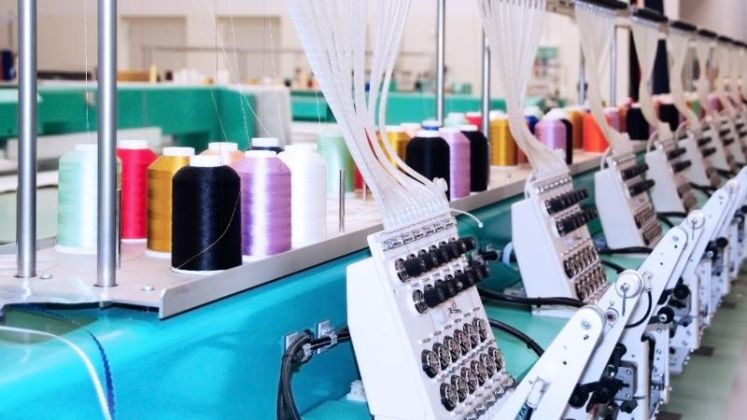
The rising tensions between Israel and Iran have added even more difficulties for textile exporters in Panipat, who are already experiencing impacts from global trade disruptions and the ongoing Russia-Ukraine war. As local industry sources stated, this latest conflict has brought additional confusion to the table, disrupted orders that were already in the pipeline, and slowed new orders.
Panipat is a textile exporting city notorious for home furnishing, and had approximately US $ 927 million in exports in 2021. The biggest export market for Panipat is the United States, followed by various countries in Europe. Tensions and issues associated with these geopolitical risks are impacting demand in these key markets. Israel fundamentally imports textiles worth (US $ 59.9– US $ 83.8 million) each year from Panipat, while trading with Iran is limited; however, regional disturbances cause major logistical issues and a lack of overall market sentiment.
Recent US tariffs have also caused further complications. Exporters were provided a three-month exemption for pending orders and shipped orders; now, buyers are beginning to suggest price renegotiations and are pressuring exporters to reduce prices by 5% to 10% and even beyond. Ultimately, this has led to significant financial loss among mostly local businesses.
Recently, exporters reported a sharp decline in orders and fear they will not be able to meet their obligations while operating in a greatly diminished profit margin. Representatives from the industry highlight the cumulative effects of global conflict and changes to trade that greatly impact international trade as a serious disruption, which leaves Panipat’s textile sector with an unstable and strained export environment.






